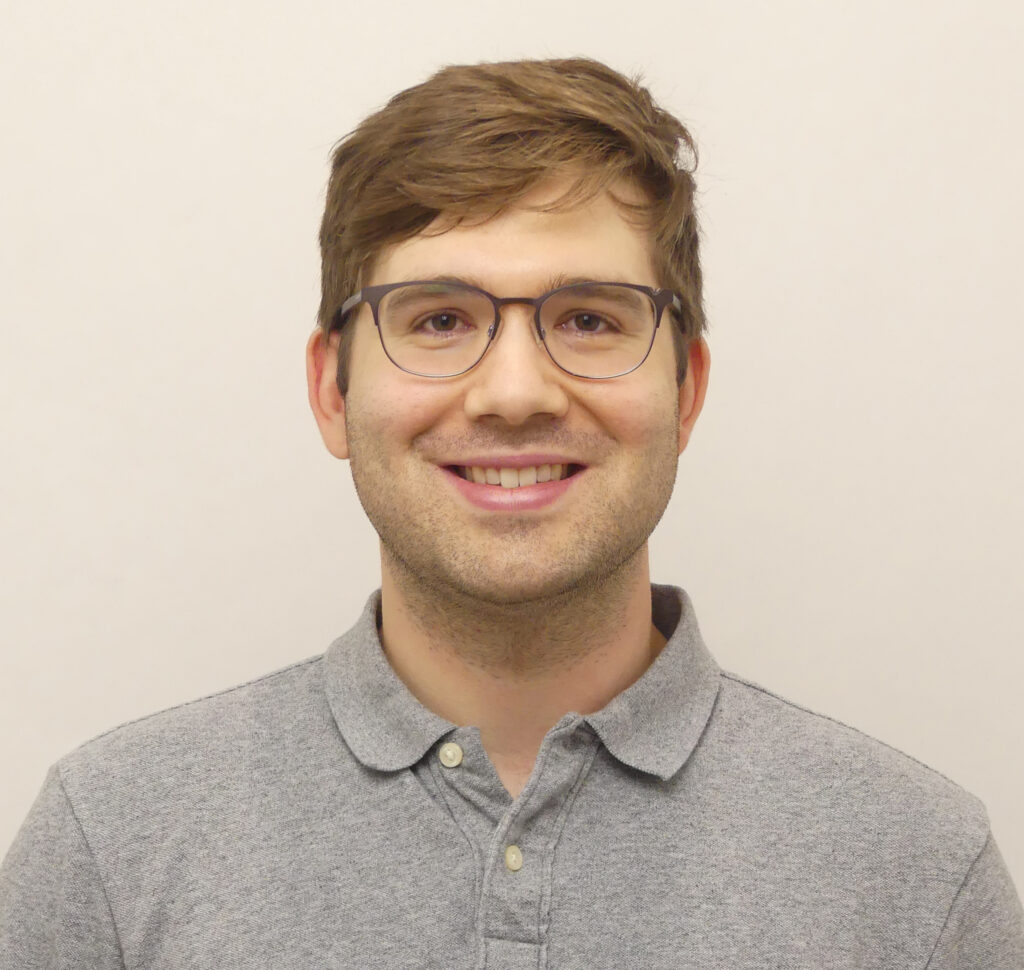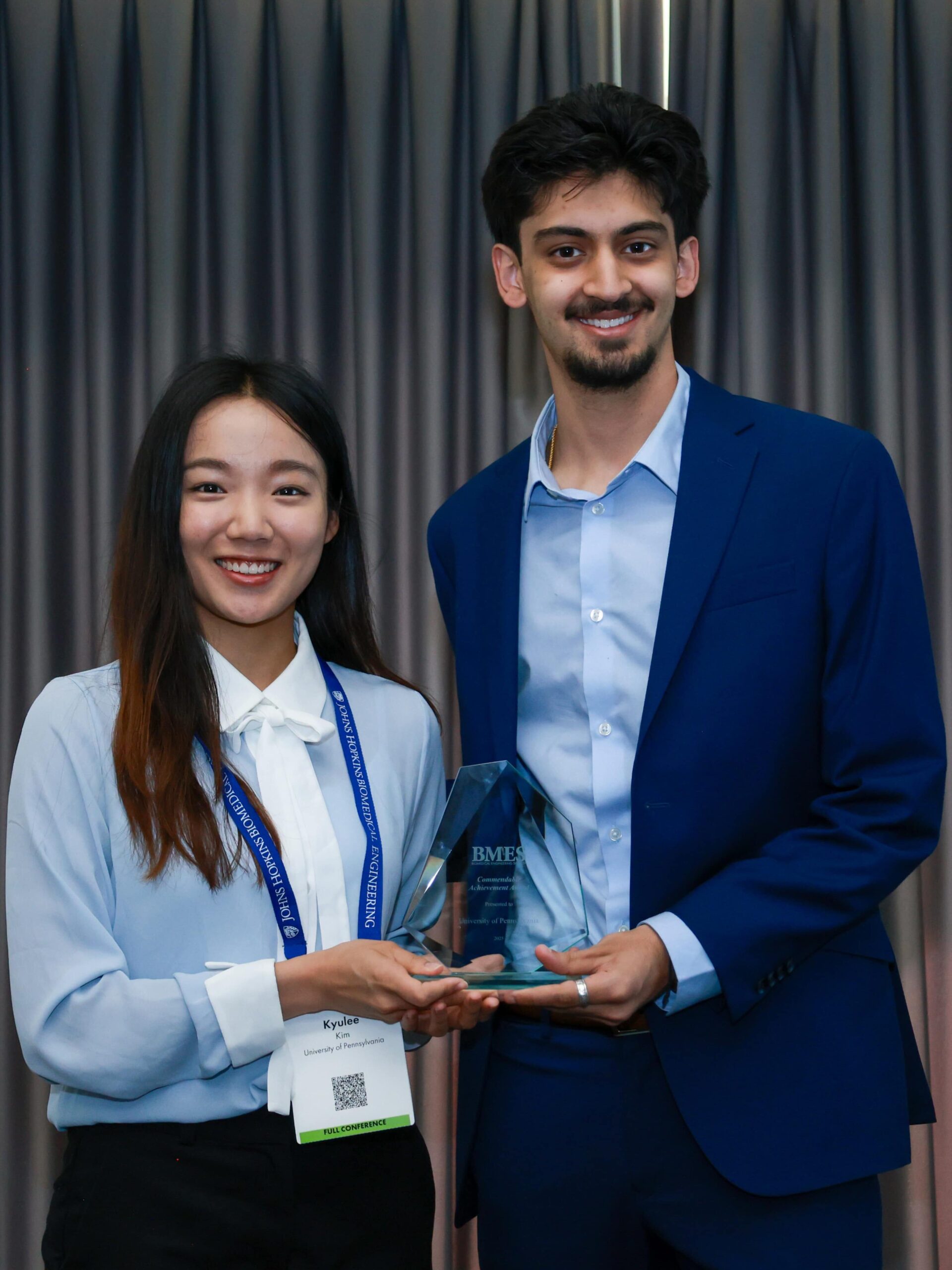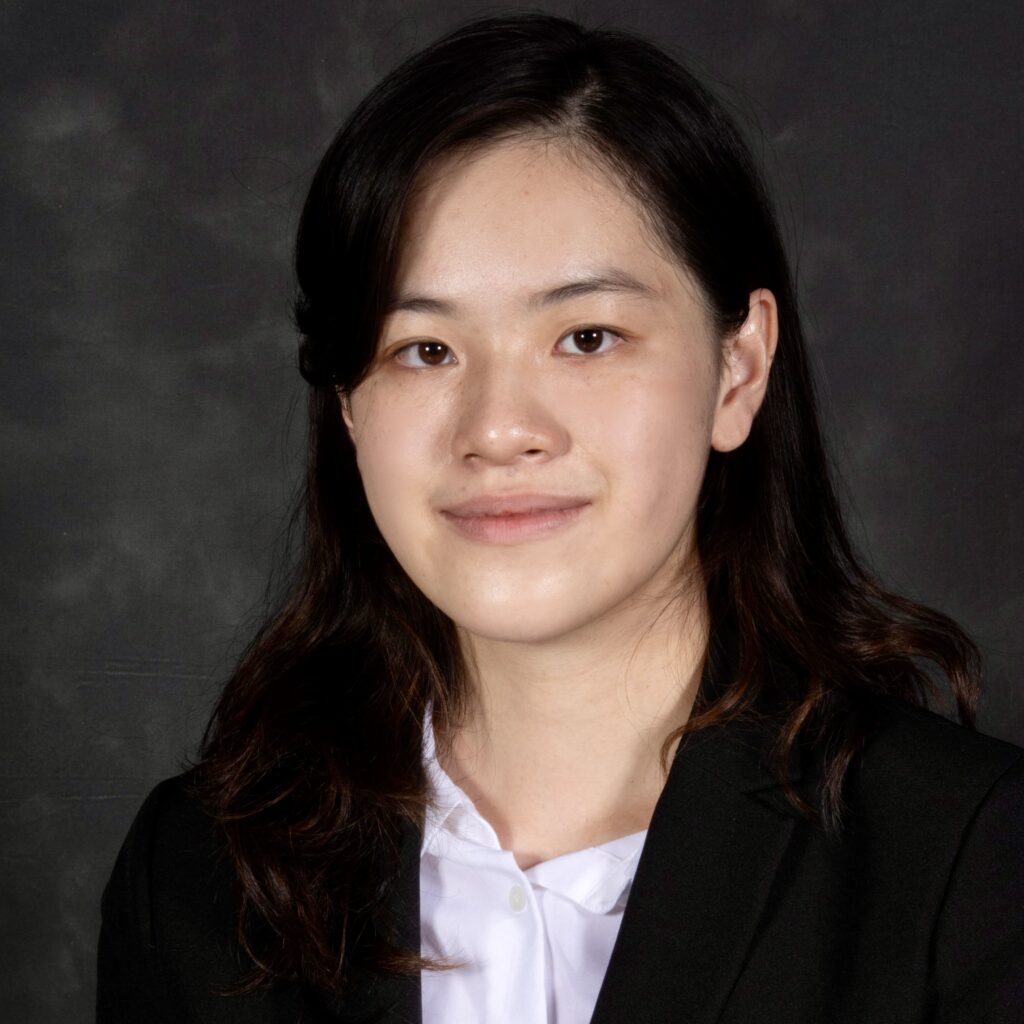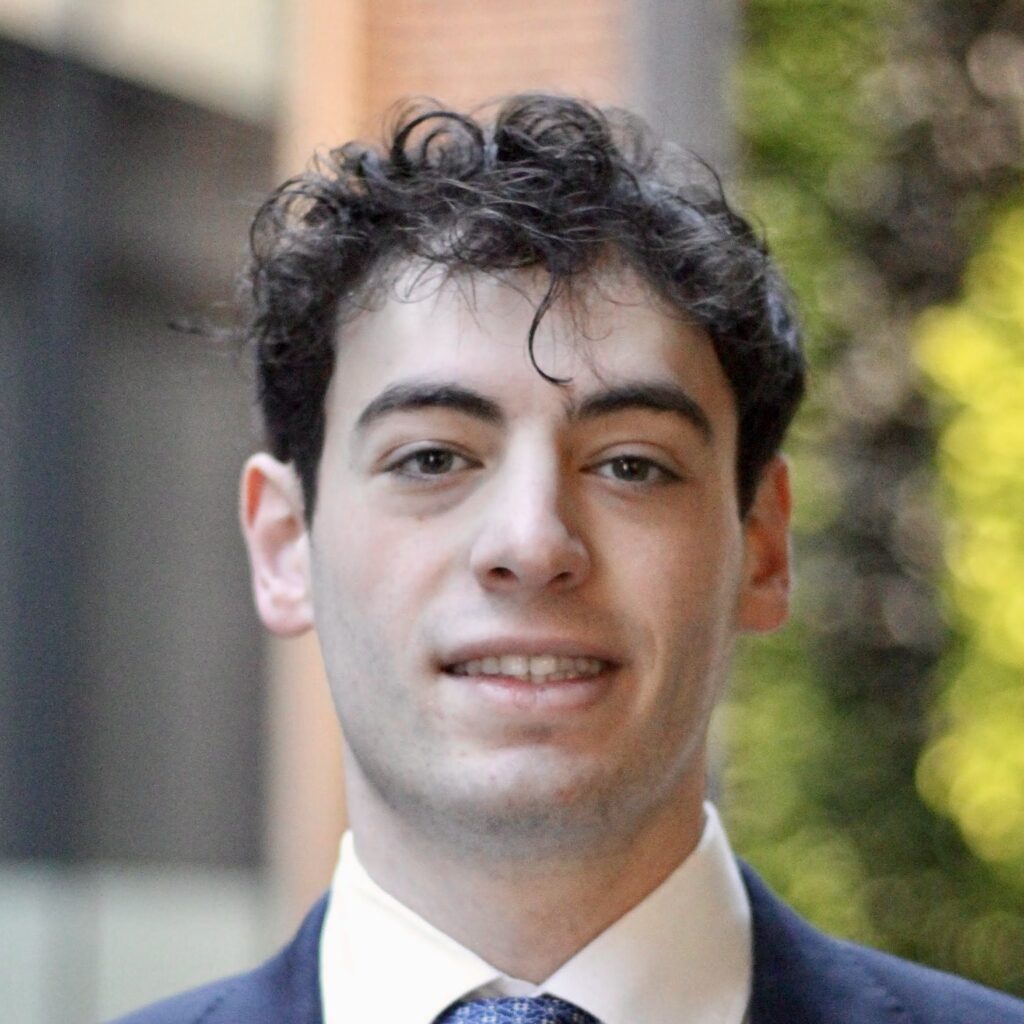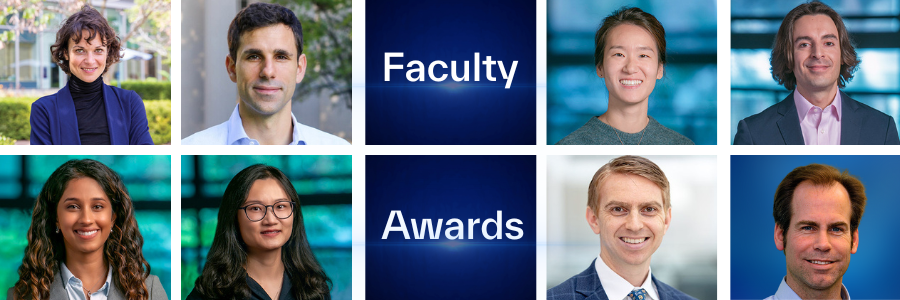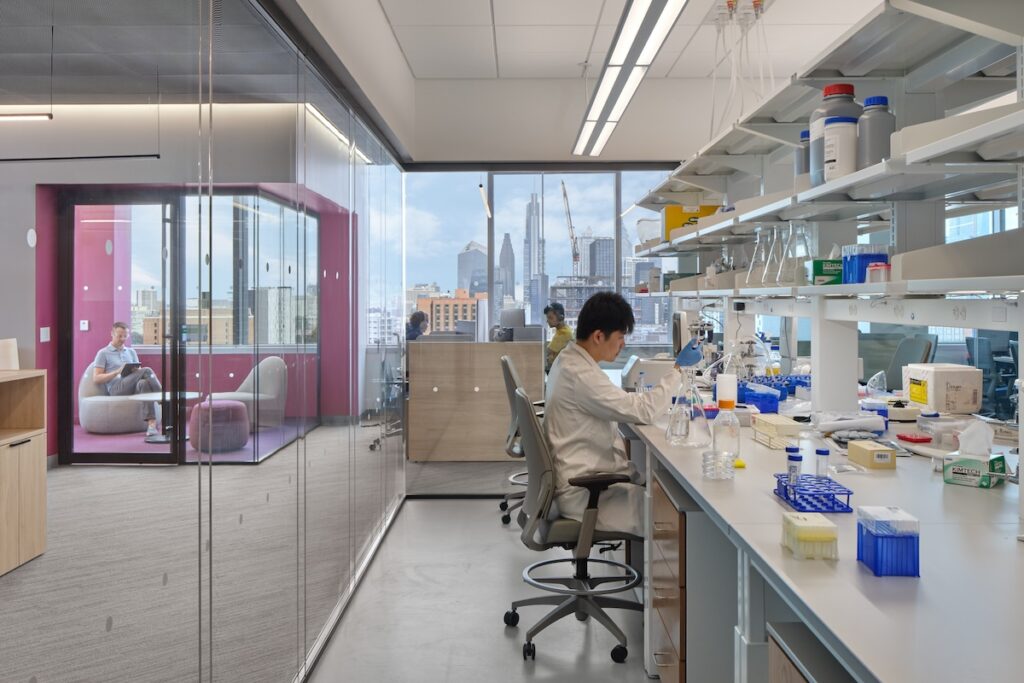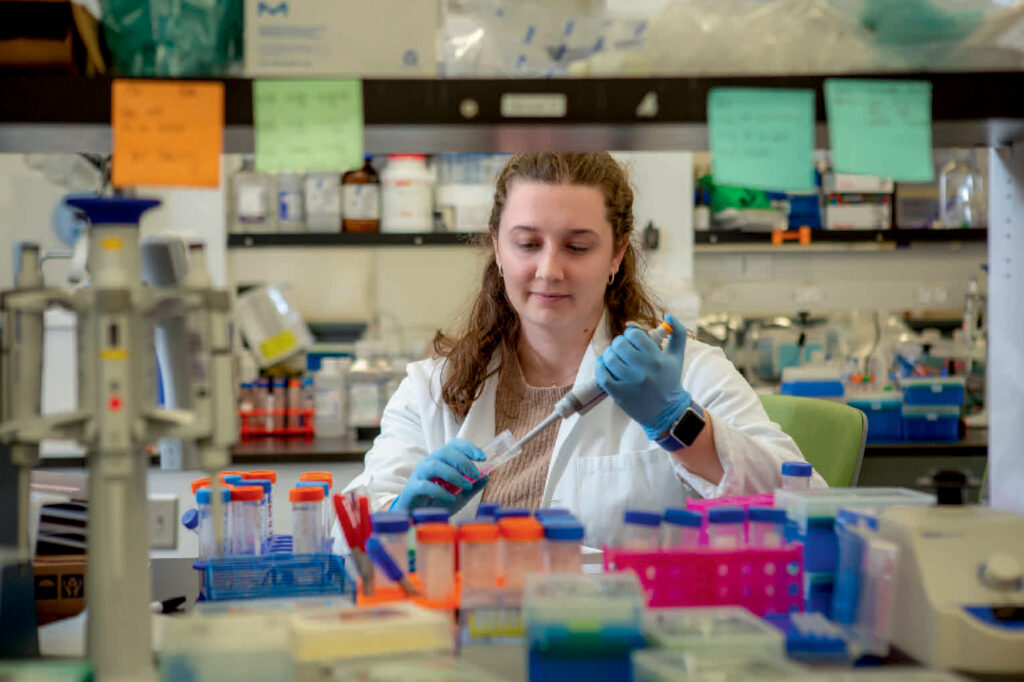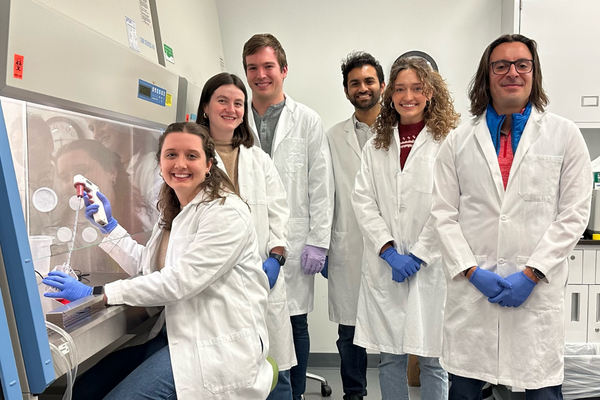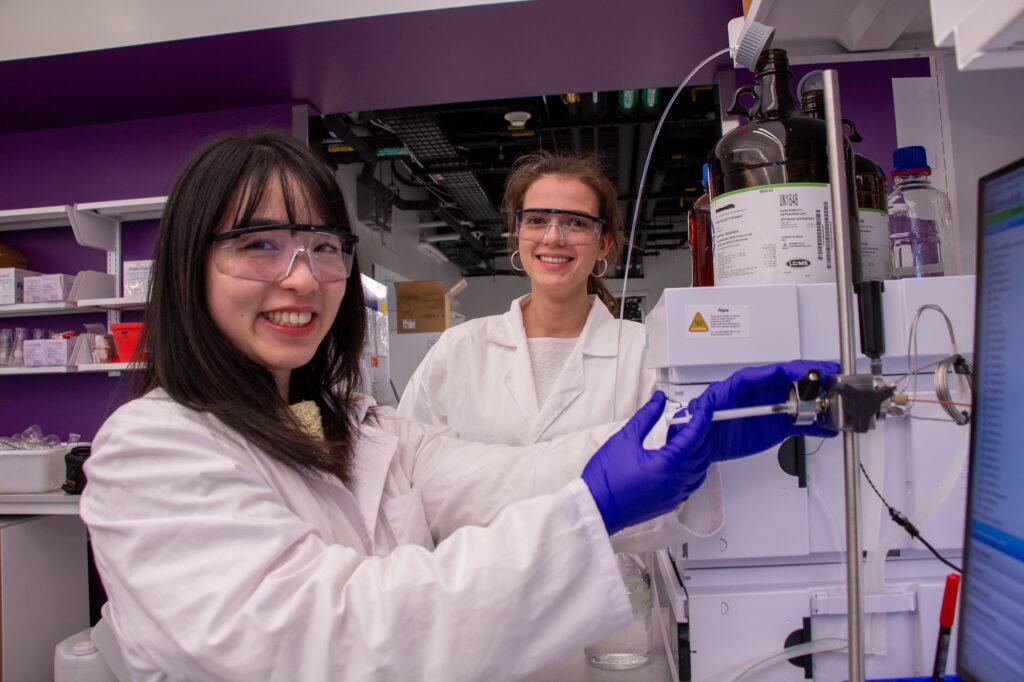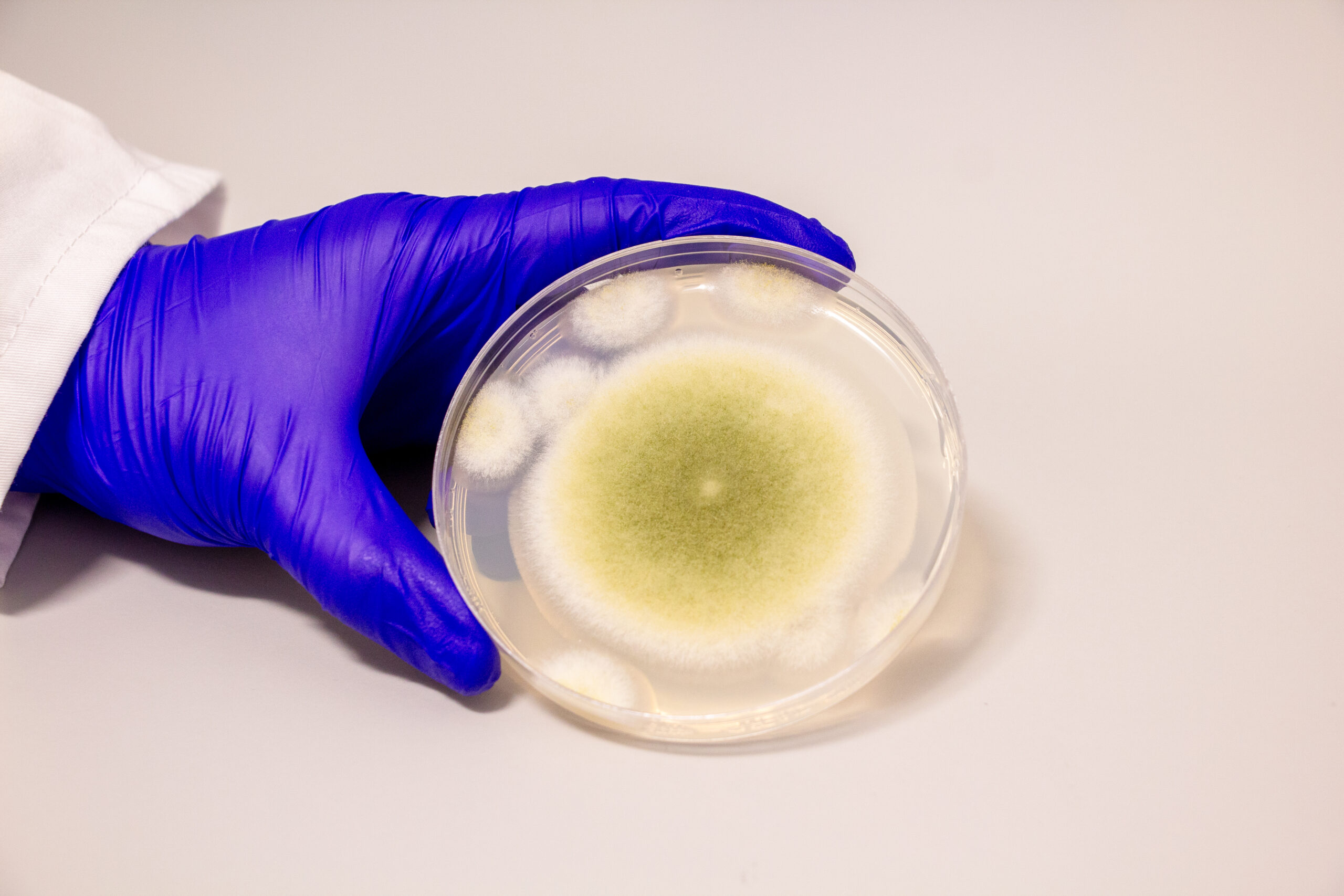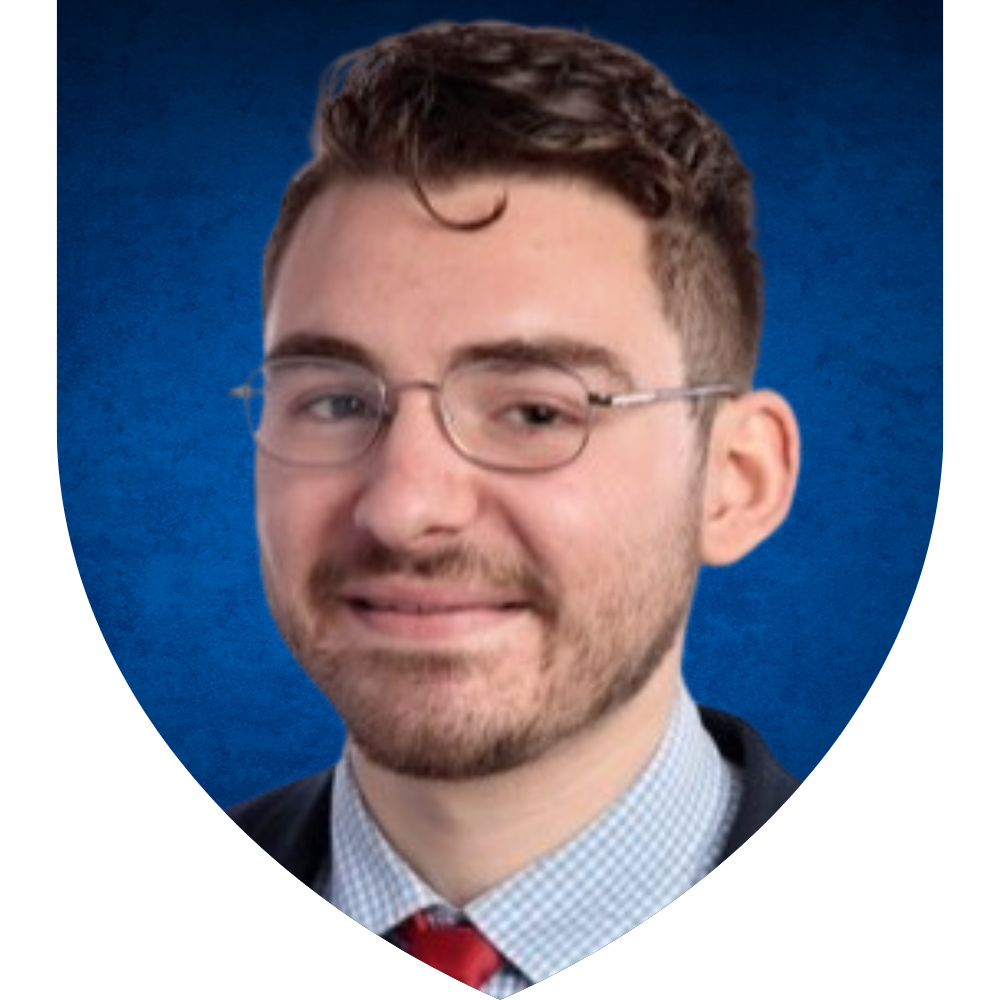A brilliant idea is just the beginning.
But between the lab bench and the lives it could change, there’s often a wide and uncertain gap. Bridging that space takes more than good data, it takes a story that resonates beyond the research community.
That’s what Practice Associate Professor Katie Reuther, PhD, MBA (Department of Bioengineering and Center for Health, Devices and Technology, University of Pennsylvania, Philadelphia, PA), challenges academic researchers to embrace in her new Nature Biotechnology article, co-authored with Darren Cooke (University of California, Berkeley, Berkeley,) and Mark Kessel (Consultant, New York, NY).At its core, the piece isn’t just about pitch decks. It’s about showing the world, clearly and credibly, why your science matters now.
Question: What’s at stake when researchers don’t learn to communicate the value of their science early on? What do we risk missing out on and who do we fail to reach?
Dr. Reuther: When researchers do not learn to effectively communicate the value of their work, the primary risk is that groundbreaking innovations with potential to impact patients may remain confined in academia. Effective science communication helps build trust and credibility by making complex science accessible to a wide audience, such as investors, partners, and the public, enabling them to see its potential impact. These elements are a critical starting point for eventually securing the necessary financial resources and support to navigate the expensive, long, and risky path from the lab bench to the market. While strong communication won’t guarantee investment or make a bad idea viable, without it, the conversation won’t even begin.
The article outlines the mechanics of building a compelling life sciences pitch. But the bigger message is clear: the future of translational research depends not only on what you discover, but on how effectively you can make others care.
Question: What do you see as the biggest disconnect between the way academics communicate their research and what’s needed to mobilize real-world support?
Dr. Reuther: Academics and scientists are trained in communicating their research findings to scientific experts. While this is critically important, what’s needed to mobilize support from investors and other partners who can help make these ideas a reality is different. It relies not only on the demonstration of technical achievements but also the communication of the real-world impact and value of the work. While it may seem intuitive, researchers often overlook the need to clearly define the problem they are solving and to articulate a compelling value proposition that differentiates their idea from the status quo. Investors and partners are focused on future commercial value, not complex scientific findings. I do believe that academics can learn how to communicate the business viability of their work and we have proven this in our own work at Penn Health-Tech.
From IP strategy to reimbursement pathways to articulating a problem that truly demands a solution, Reuther and her co-authors give researchers the scaffolding to build a narrative investors, partners—and ultimately, patients—can believe in.
And in a field where even the most impactful technologies can falter in the shadows, being able to clearly tell the story of why your work matters is no longer optional. It is now a necessity.
Question: Do you think academic training does enough to prepare scientists to communicate the real-world value of their work? What needs to change?
Dr. Reuther: As we’ve discussed, most academic training is heavily focused on communicating research findings to scientific experts. However, over the past several years, greater attention on business communication has been given due to the expectation that federally-funded academic innovations should eventually translate into real-world impact. Many universities (including Penn) and federal agencies (including the NIH and NSF) have fostered educational programs to help researchers learn about business fundamentals and articulate and validate their work’s potential value. We need to continue to push to increase awareness of these programs and make them accessible to those who need it.
Read the article:
Reuther, K.E., Cooke, D. & Kessel, M. Innovation to investment: how to build your first life sciences pitch deck. Nat Biotechnol 43, 1204–1207 (2025).
🔗 Read here

